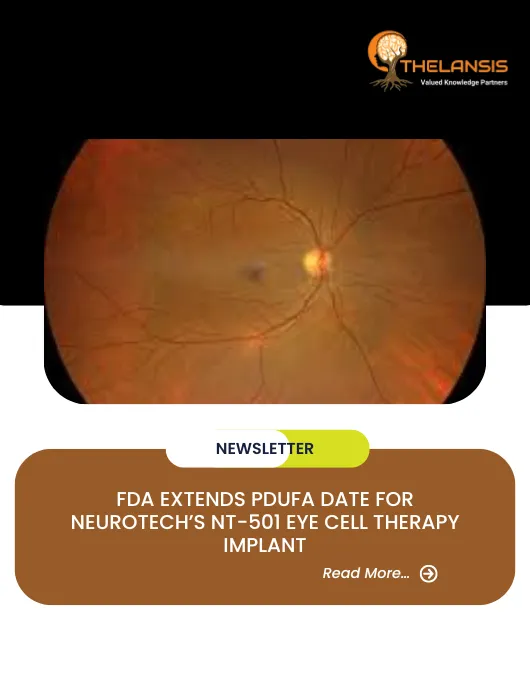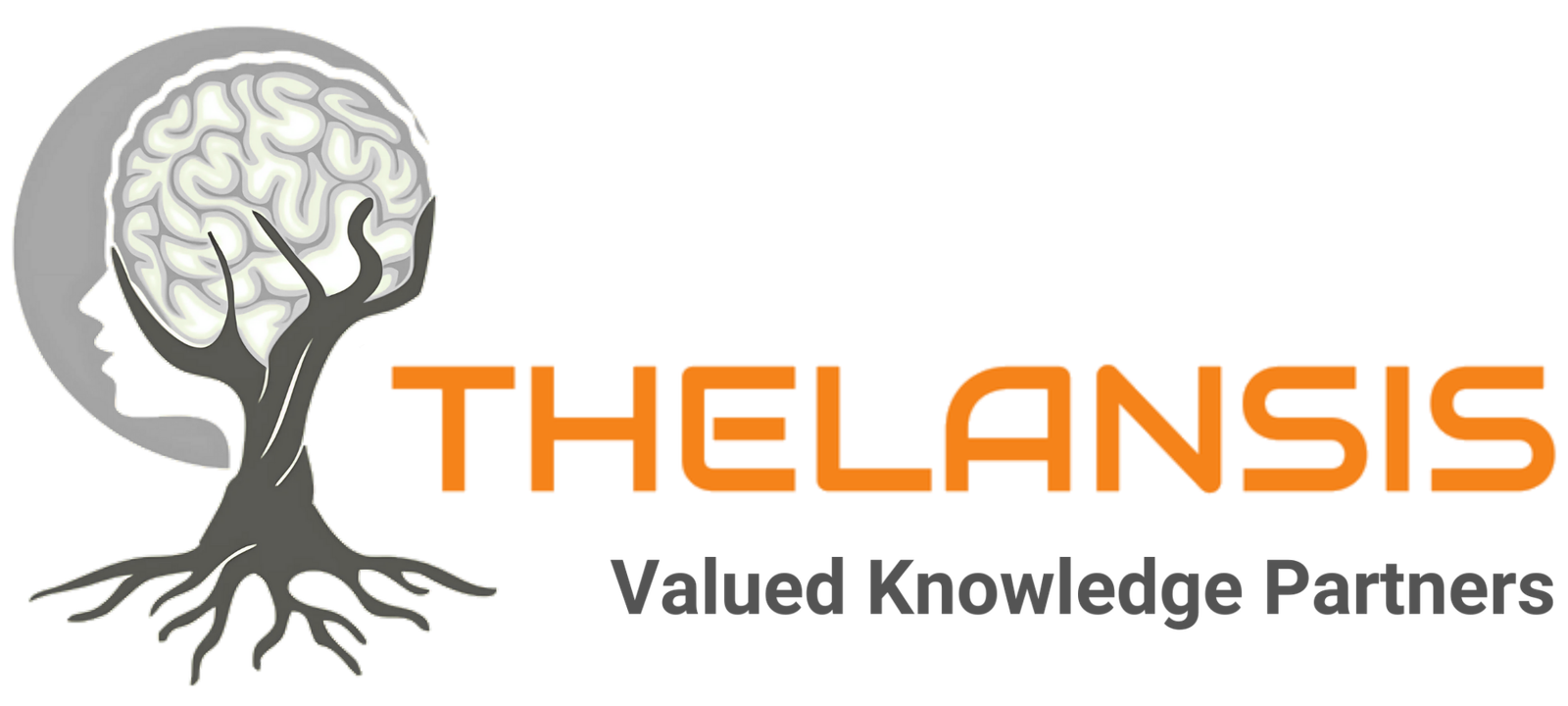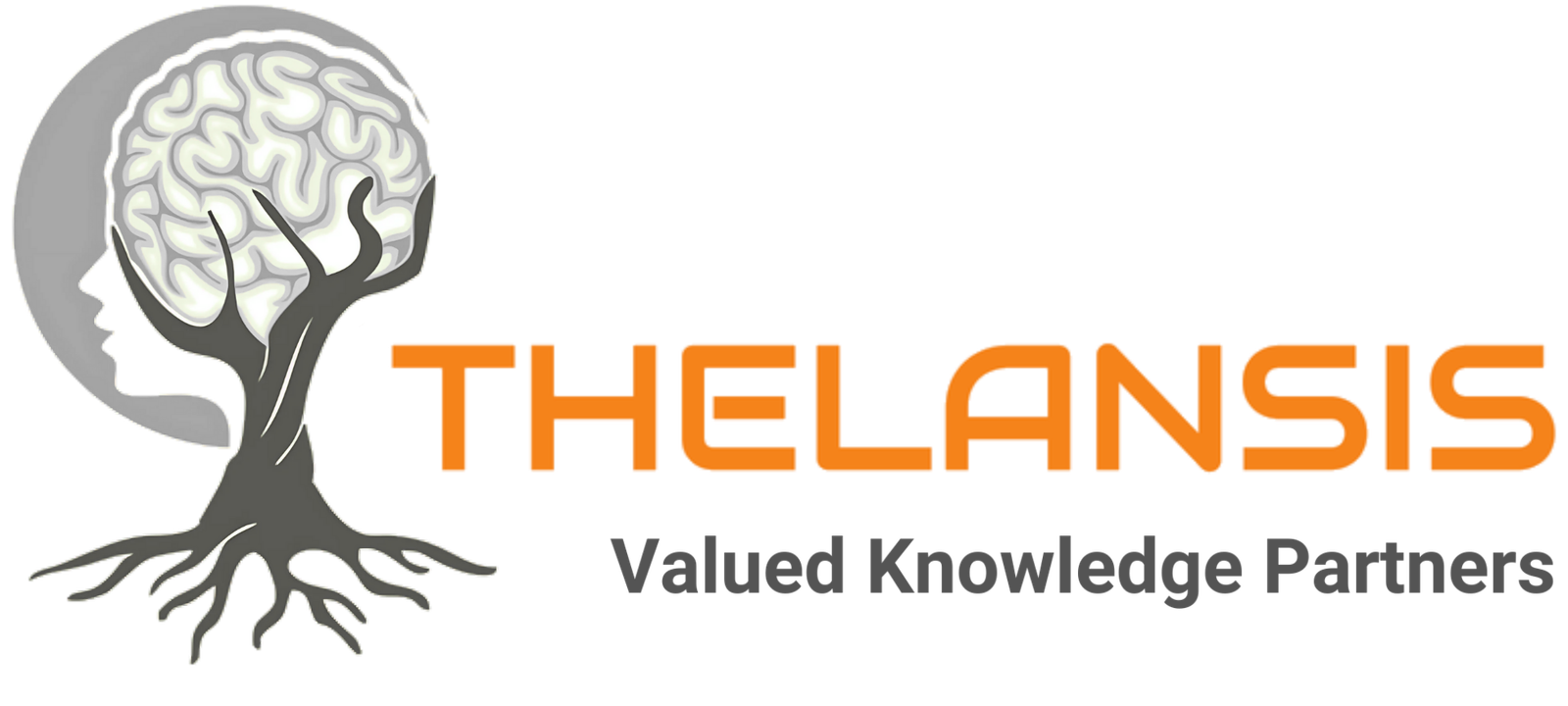
Nov 12 2024
/
FDA Extends PDUFA Date for Neurotech’s NT-501 Eye Cell Therapy Implant
FDA Extends PDUFA Date for Neurotech’s NT-501 Eye Cell Therapy Implant
Neurotech Pharmaceuticals’ eye cell therapy implant has faced a delay, as the US Food and Drug Administration (FDA) extended the PDUFA date for the NT-501 (revakinagene taroretcel) biologics license application to March 18, 2025, three months after the original date of December 17, 2024. The FDA required additional time to review data provided by Neurotech. NT-501, intended for treating macular telangiectasia type 2 (MacTel 2), received fast-track designation in December 2018.
Publish Date: 08-11-2024 Source: Neurotech Pharmaceuticals
Macular telangiectasia (MacTel) type 2 is a bilateral retinal disorder of unknown etiology, characterized by distinct alterations in the macular capillary network and neurosensory atrophy. Initially, the disease manifests temporally to the foveal center and may expand to encompass an oval region with approximate dimensions of 6° horizontally and 5° vertically centered on the foveola. The onset of symptoms typically occurs during the fifth or sixth decade of life, and a subset of patients reports a positive family history. Due to limited awareness among both clinicians and patients, MacTel type 2 is often diagnosed belatedly and may be misidentified as age-related macular degeneration in cases involving neovascularization. The prevalence of MacTel type 2 is rare, estimated at approximately 0.10%, with no significant gender or racial predilections. The mean age of onset is approximately 55 years. Notably, up to 45% of individuals with MacTel type 2 also present with comorbid conditions such as diabetes mellitus, obesity, hypertension, or cardiovascular diseases, which, along with smoking, may elevate the risk of clinical manifestation. Clinically, patients often present with unilateral or bilateral progressive blurred vision. Additional symptoms include metamorphopsia and paracentral scotomas, which can be effectively monitored using Amsler grid testing. Currently, there is no well-established treatment for MacTel type 2, though several interventions aim to prevent further vision loss or slow disease progression:
- Anti-vascular endothelial growth factor (anti-VEGF) injections: These injections inhibit a chemical in the eye that promotes the growth of abnormal blood vessels, thereby reducing swelling, slowing leakage, and potentially improving vision. Anti-VEGF therapy is the standard care for the proliferative phase of MacTel.
- Revakinagene taroretcel (NT-501): This encapsulated cell therapy has shown potential in slowing the progression of MacTel.
- Ciliary neurotrophic factor (CNTF): Preliminary results are promising, but further research is needed to establish its efficacy.
Other treatment modalities for MacTel include focal and grid laser photocoagulation, photodynamic therapy (PDT), intravitreal triamcinolone acetonide (IVTA), and subretinal surgery.
However, the current Macular Telangiectasia Type 2 treatment market share, market uptake, and attribute analysis concerning the most potential emerging therapies has been provided under the market outlook section of the study covering 8 MM countries; The United States, EU5 (Germany, Spain, France, Italy, UK) Japan and China.
In terms of pharmacologic therapies, several pharmaceutical products are being approved and under different phases of development for the Macular Telangiectasia Type 2 treatment.
Based on solid domain and business knowledge, Thelansis Knowledge Partners has published the market outlook forecast report on Macular Telangiectasia Type 2 to provide a clear understanding of disease area background, epidemiology, current and future competitions, the country-specific standard of care, and the complete market forecast for 2023 to 2033.
About Thelansis:
Thelansis specializes in pharmaceutical market outlook and market forecast reports. We published reports across the therapeutic area, including rare / ultra-rare and mainstream indications. Over the period, we have built a robust repository of 6,000+ Bio-pharma reports that cover Epidemiology studies and Market forecasting based on the KOL opinions.
Competitive intelligence and track of trial results throughout the phases of development executed by a team of a mix of Scientific and Business backgrounds. As an organization, the primary focus is to provide real-world data evidence and market insight to pharmaceutical companies for their decision-making.
Contact Us:
- Delivery Office:
B-1030, C Wing Vrindavan tech village, Outer ring road
Bangalore- 560037
India+91(124)404-1731
clientsupport@thelansis.com
- Sales office:
183 Asylum Street Hartford,
CT-06103, USA
Contact no. +1 (302) 380-3552
m.berg@thelansis.com
Related posts:
- FDA Accepts Unicycive’s NDA for Oxylanthanum Carbonate, PDUFA Date June 2025
- FDA approves Apic Bio’s APB-102 for SOD1 Amyotrophic lateral sclerosis
- Larimar Therapeutics Announces Positive Topline Phase 1 Clinical Trial Data of CTI-1601 in Friedreich ataxia patients.
- EffRx Obtains Swiss Marketing Authorization for Bronchitol® in Cystic Fibrosis.

